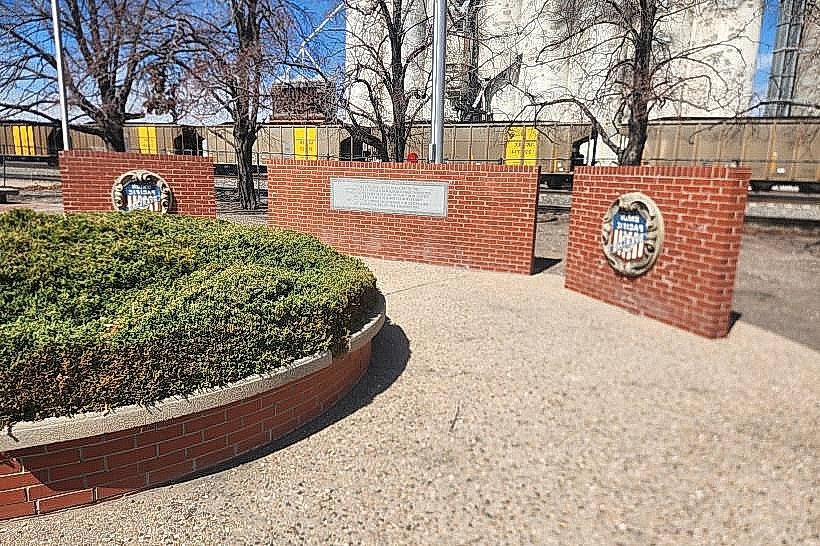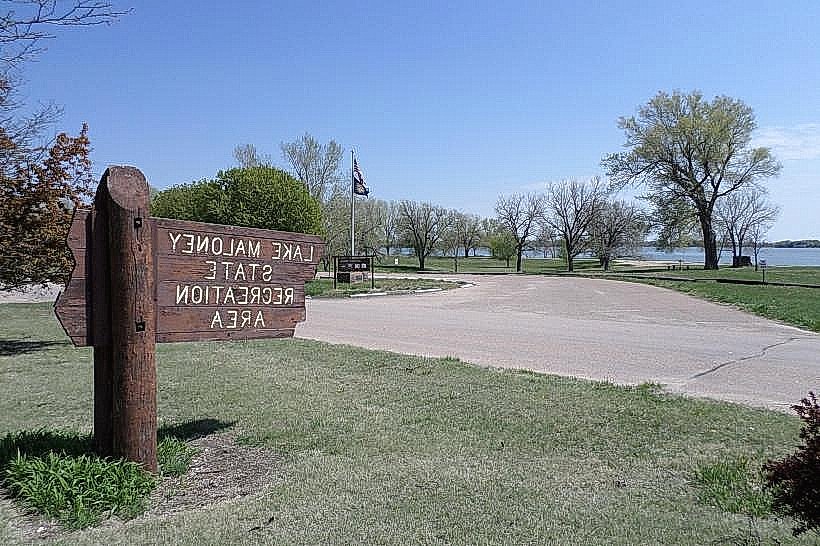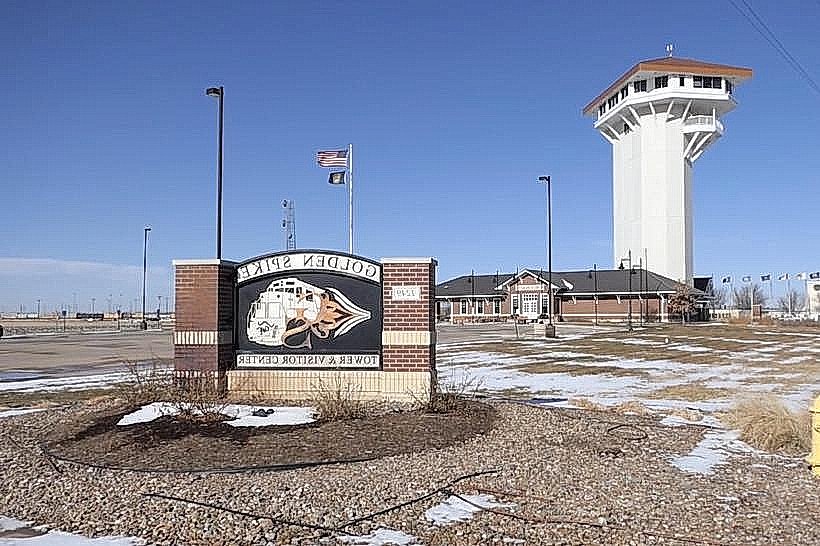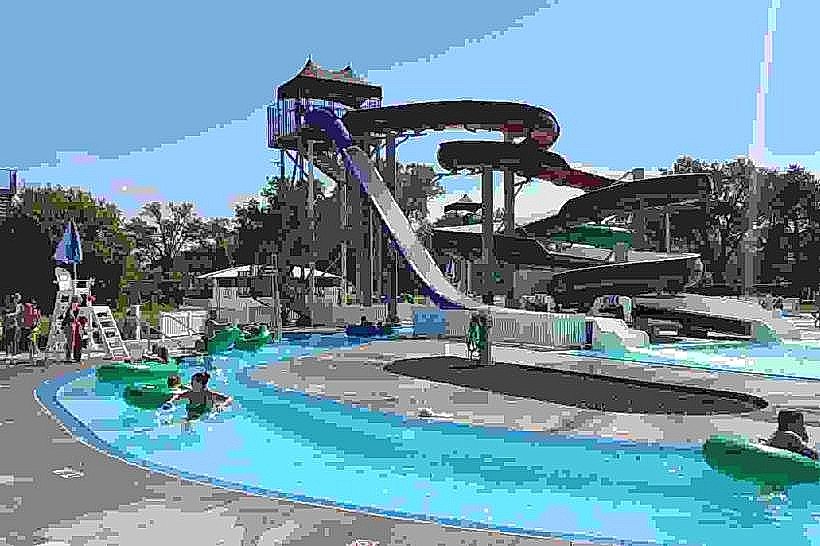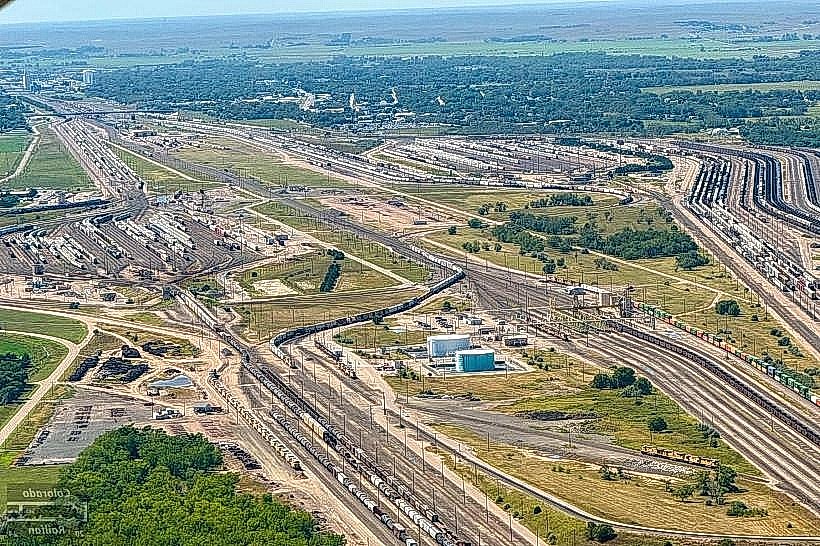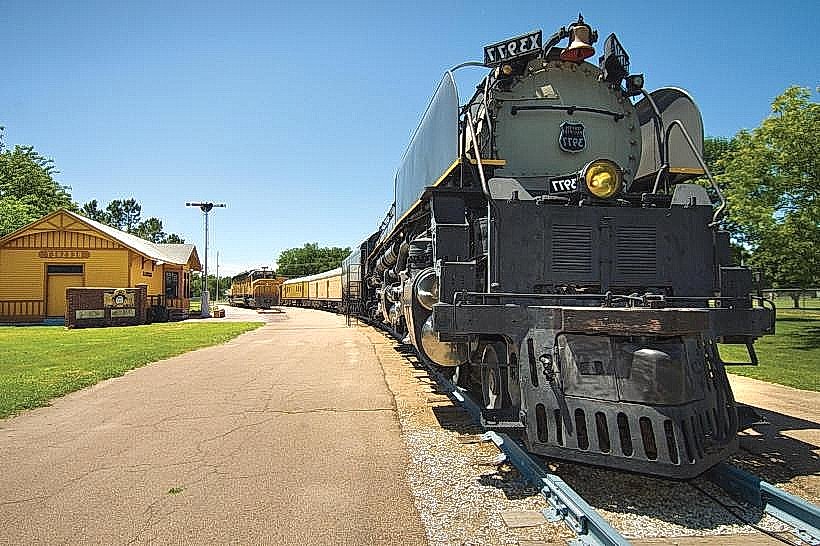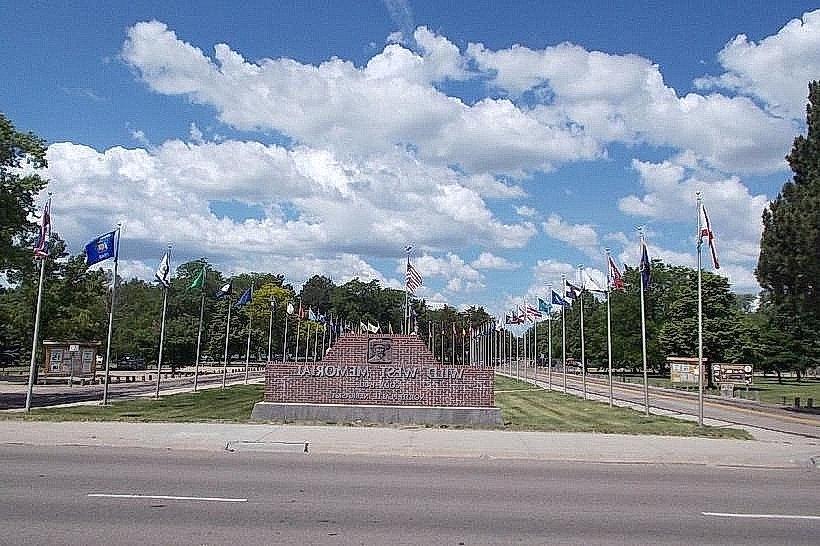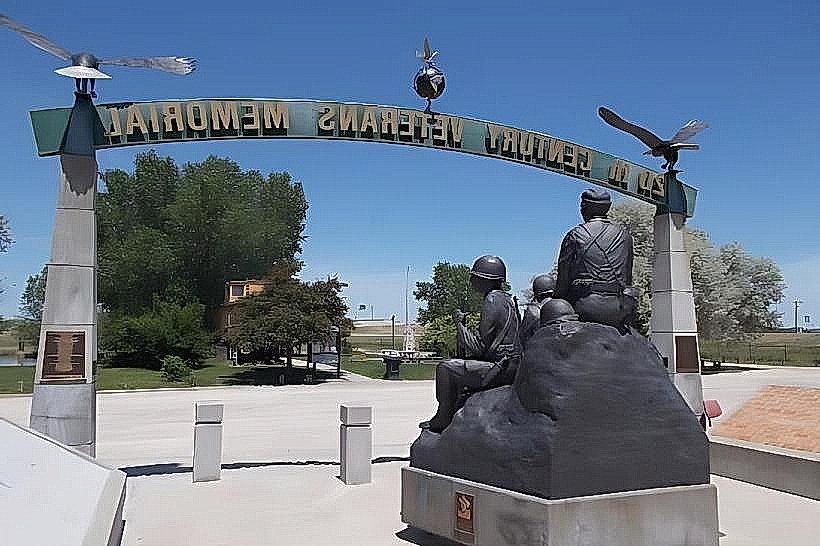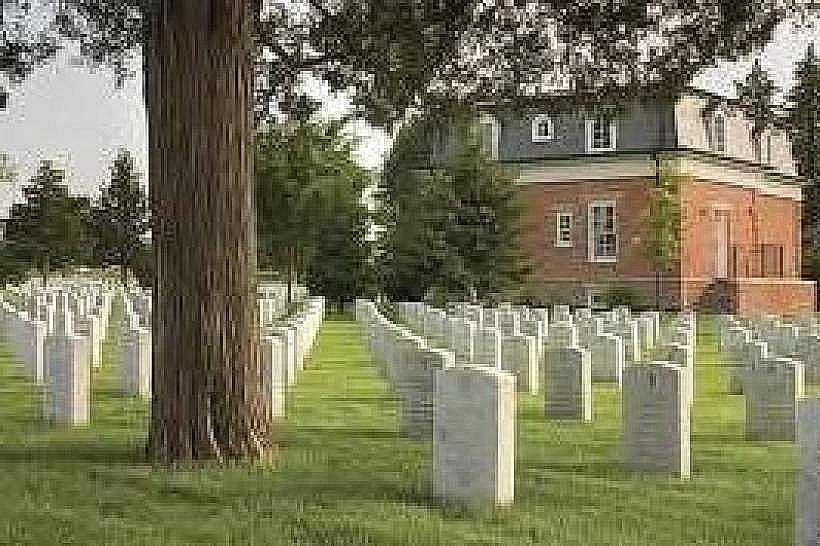Information
Landmark: Buffalo Bill Ranch State Historical ParkCity: North Platte
Country: USA Nebraska
Continent: North America
Buffalo Bill Ranch State Historical Park, North Platte, USA Nebraska, North America
Buffalo Bill Ranch State Historical Park is a preserved historic site located in North Platte, Nebraska, USA.
It preserves the former home and ranch of William F. "Buffalo Bill" Cody.
Visual Characteristics
The primary structure is the Scout's Rest Ranch House, a two-story Victorian-era home constructed from wood. The exterior is painted in a light color, likely white or cream, with dark trim. The property includes outbuildings such as a barn and corrals, also constructed of wood. The surrounding landscape is prairie grassland.
Location & Access Logistics
The park is situated approximately 4 miles west of downtown North Platte, Nebraska, accessible via State Road 23. Turn north onto Buffalo Bill Avenue. Parking is available on-site in designated lots. Public transport options directly to the park are limited; visitors typically arrive by private vehicle.
Historical & Ecological Origin
Scout's Rest Ranch was established by William F. Cody in 1878. The ranch house was expanded in 1886. It served as Cody's personal residence and the headquarters for his Wild West Show operations. The land is part of the Great Plains prairie ecosystem.
Key Highlights & Activities
Visitors can tour the Scout's Rest Ranch House, which is furnished with period artifacts. The Buffalo Bill Barn is also accessible, housing exhibits related to Cody's life and the Wild West Show. Walking the grounds and observing the prairie landscape are permitted activities.
Infrastructure & Amenities
Restrooms are available within the park facilities. Limited shade is provided by trees on the grounds and within the historic structures. Cell phone signal (4G/5G) is generally available. No on-site food vendors are present; visitors should plan to bring their own provisions or dine in North Platte.
Best Time to Visit
The best time for photography of the ranch house is during the morning for softer light on the east-facing facade. The most favorable months for visiting are from May through October, when weather conditions are typically mild and all facilities are open. There are no tide-dependent activities.
Facts & Legends
William F. Cody famously named his ranch "Scout's Rest" because he envisioned it as a place where he could finally relax after years of frontier life. A specific tip for visitors is to look for the original telegraph office within the ranch house, a testament to Cody's early adoption of communication technology.
Nearby Landmarks
- Cody Park (0.8km East)
- Golden Spike Tower (4.5km West)
- Lee Richardson Zoo (3.2km East)
- North Platte River (1.5km South)

